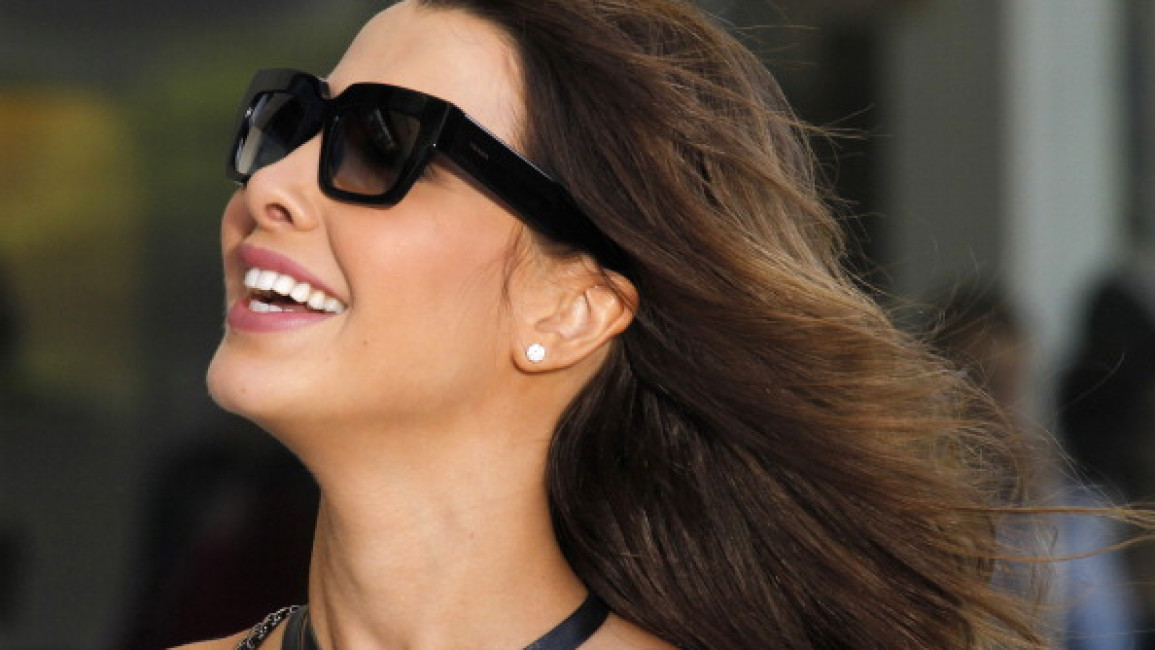Lebanese superstar Nancy Ajram blasted for blackface birthday prank
Lebanese singer Nancy Ajram has come under fire after putting on blackface to 'prank' her fans for a video.
To celebrate her 39th birthday, Ajram decided to walk on the streets of Lebanon's capital city Beirut with her skin darkened by makeup and wearing a dark curly wig to see if people would recognise her.
She carried out daily tasks in the video, including buying groceries, going to a cafe, asking people for directions and eating dinner with a friend. During the dinner, she removed her make-up to reveal her identity and began taking photos with fans.
Throughout the video, passers-by were staring at Ajram wondering whether they had walked past her.
However, after she posted her prank on social media, she was met with heavy criticism and demands for an apology.
woke up to nancy ajram doing blackface for a prank- 😭 pic.twitter.com/CylfsHil2F
— فوفو المُتَوَحِّش (@mankoochie) May 17, 2022
"So your antiBlack racism and Blackface Nancy Ajram come right after the horrendous White Supremacist mass shooting of Black folks in #Buffalo and you're calling it a prank?", said Arab disability activist Abla Abdelhadi.
"Shameful racism which you've inherited from Arab society! Nancy Ajram is cancelled," she added.
"Nice to see the Arab world still considering people with my skin tone or darker some kind of joke worthy of a prank. How very embarrassing for you", tweeted Black-Palestinian activist Samah Fadil.
The use of blackface in some Western countries dates back to the mid 19th century, when white performers caked their faces in greasepaint or shoe polish and drew on exaggerated lips in a caricature of black people.
The stereotypes portrayed - that black people were somehow inferior, ignorant, and lazy - cemented racist attitudes for decades.
The practice is now widely rejected in the West, but in the Middle East it continues to be prevalent in popular culture.
Using dark makeup and curly or braided wigs is not uncommon, with incidents on Lebanese and Egyptian TV of blackface being used to mock domestic workers and Sudanese people.


![Minnesota Tim Walz is working to court Muslim voters. [Getty]](/sites/default/files/styles/image_684x385/public/2169747529.jpeg?h=a5f2f23a&itok=b63Wif2V)




![Debris near Rafic Hariri International Airport [Getty]](/sites/default/files/styles/image_330x185/public/2176162423.jpeg?h=a5f2f23a&itok=MCSK9mkM)
![An Israeli air strike on Jabalia killed teenage journalist Hassan Hamad [Screengrab/X]](/sites/default/files/styles/image_330x185/public/2024-10/hassan%20hamad1.jpg?h=c12e0b96&itok=Rd_dyCVp)
